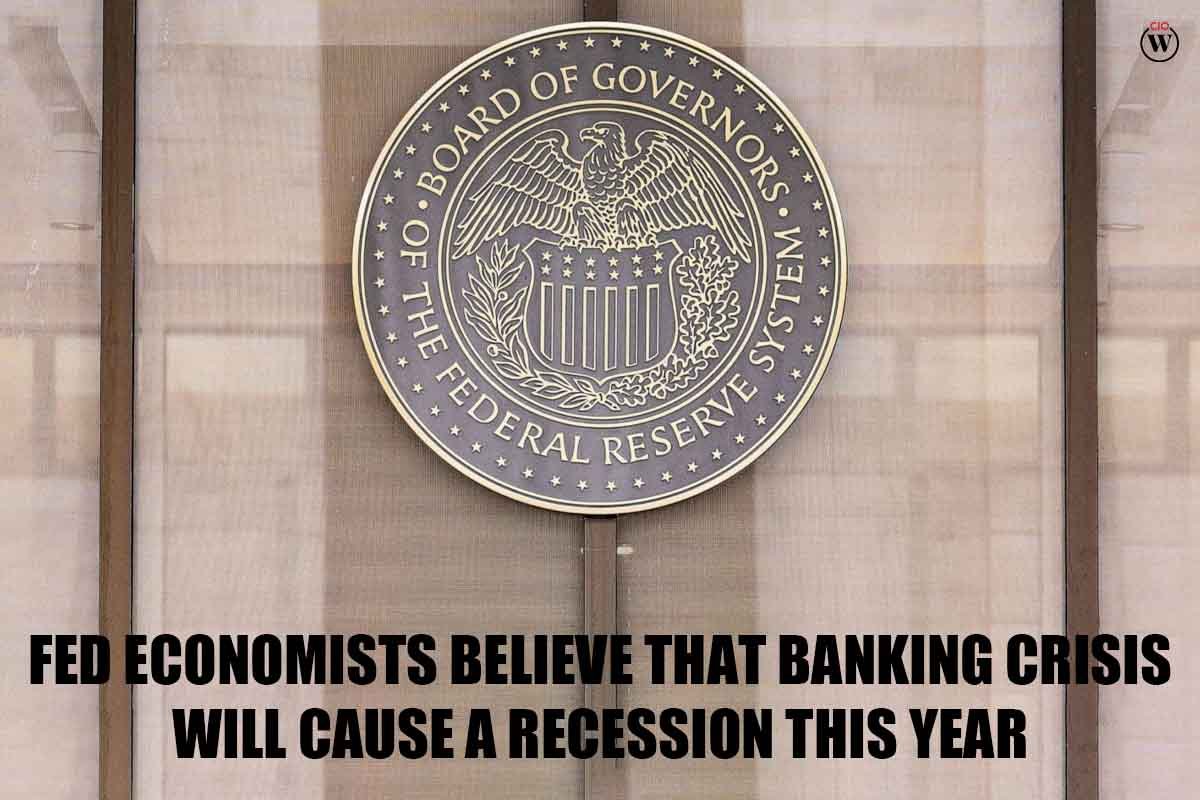Recent reports from the Federal Reserve reveal that its economists are increasingly concerned about the U.S. economy falling into a recession following the recent banking crisis. In the meeting held in March, the central bank’s staff warned that they anticipate a “mild” recession later this year, a more pessimistic outlook than what Chairman Jerome Powell has publicly stated.
This projection reflects the potential economic impacts of the recent banking sector developments, particularly the collapse of Silicon Valley Bank and Signature Bank, which marked the largest bank failure since the 2008 crisis.
Also a Global Concern
While the Biden administration has painted a positive picture of the economy’s future, stating that economic indicators do not suggest a pre-recession, the IMF and other economists have expressed a higher risk of recession for the U.S. and global economies. Despite this, the Federal Reserve has continued to prioritize the curbing of inflation. In February, year-over-year inflation was at 6%, which marked the ninth consecutive month of smaller price hikes.
As the world continues to grapple with the ongoing pandemic and its economic fallout, the future of the U.S. economy remains uncertain. The collapse of Silicon Valley Bank and Signature Bank has highlighted the vulnerabilities of the banking sector, and economists fear that these incidents could have far-reaching consequences. The Federal Reserve’s staff has emphasized the need for caution, warning that the U.S. economy may be headed toward a recession.
Fed minutes: Bank turmoil effects will likely lead to recession later in 2023
A More Nuanced Approach Needed
In response to this warning, policymakers and economists alike must take a more nuanced approach to the current economic situation. While the Biden administration’s optimism is commendable, it is important to acknowledge the potential risks and challenges that lie ahead. Similarly, the Federal Reserve’s focus on inflation is critical, but it must not come at the expense of other economic indicators.
As we move forward, it is imperative that all stakeholders work together to navigate this challenging terrain. By prioritizing collaboration and open dialogue, we can identify new opportunities for growth and development, even in the face of uncertainty. The road ahead may be long and winding, but with the right mindset and strategies in place, we can emerge stronger and more resilient than ever before.
Also read: 7 Trends Driving Fintech and Banking









